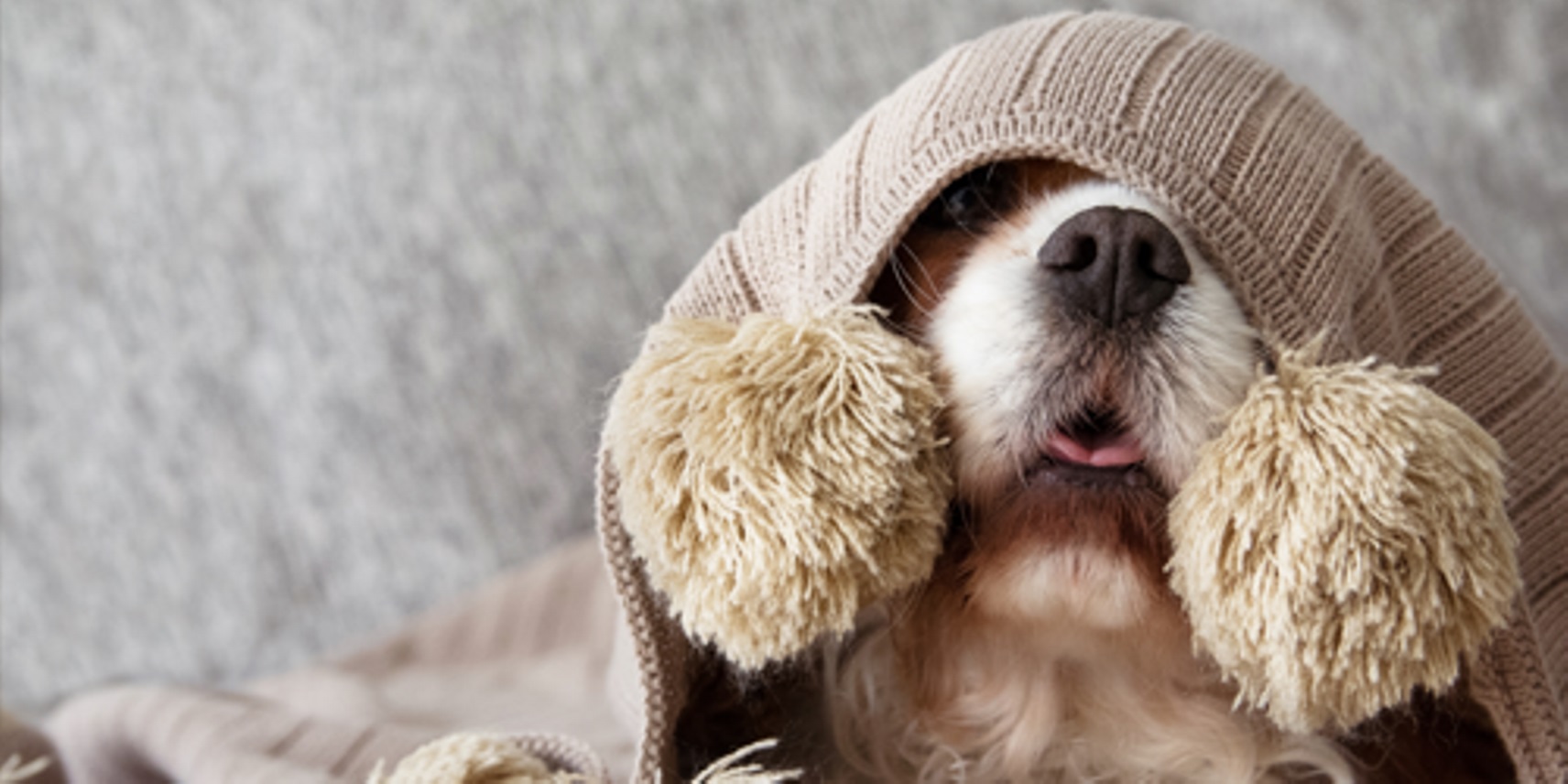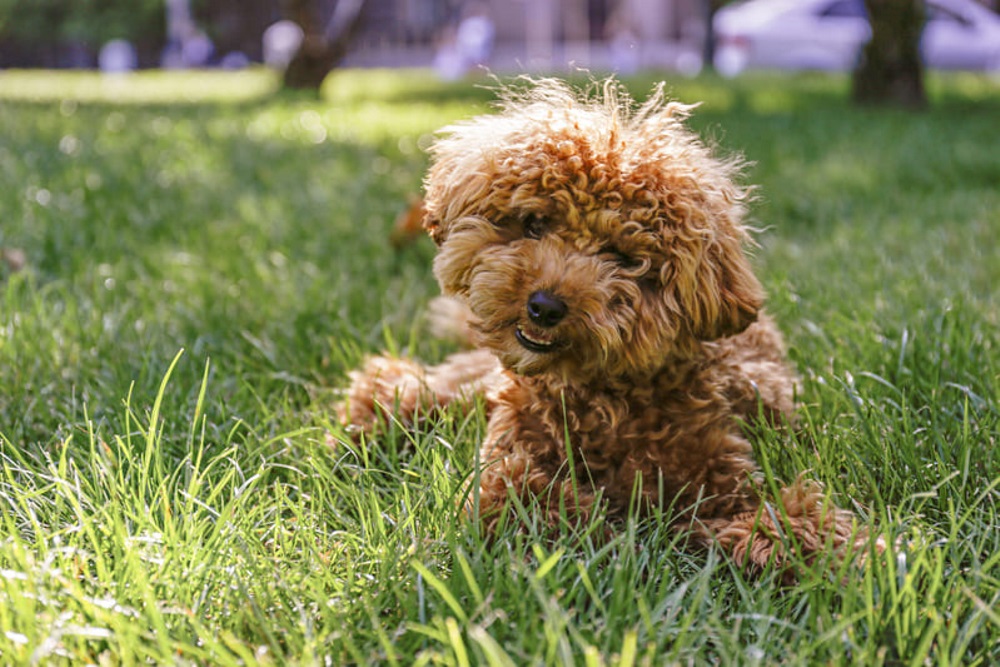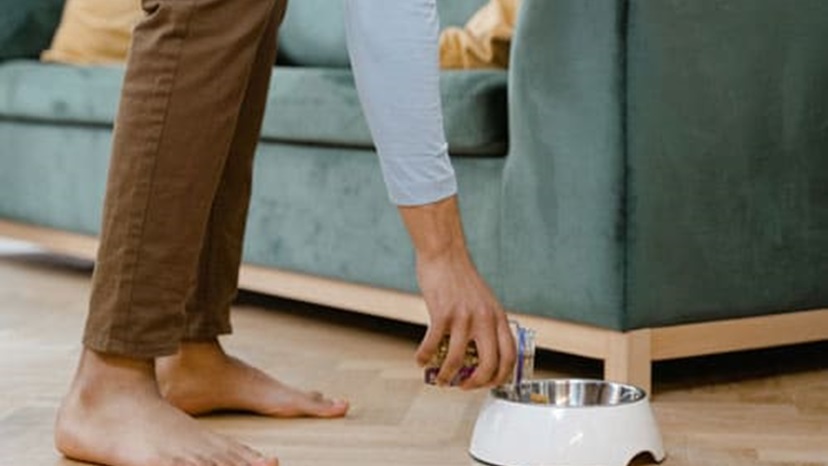Anxiety in dogs

Article by Dr Alice Marshall, Registered Veterinarian (NSW VSB)
Just like us, our dogs can get anxious from time to time. Below are some commons signs of anxiety in dogs and situations where they can occur.
SIGNS OF ANXIETY IN DOGS
- Barking or howling when the owner is not home
- Shivering
- Panting or pacing
- Digging
- Escaping
- Destroying furniture or toys
- Self-harm – incessant chewing or licking
- Lip licking and or looking away are subtle behavioural signs to keep a lookout for
NOISE PHOBIAS
Thunderstorms and fireworks can trigger anxiety in dogs. Dogs may become anxious if they sense a storm is coming, as they associate the storm with these fearful noises.
CHANGES AT HOME
Changes in work hours, travelling patterns, or new people living in the house can cause anxiety in some dogs. Some anxious dogs may start resource guarding if a valued item is taken away.
SEPARATION ANXIETY
This occurs when your dog is separated from its primary caregiver and is the most common form of anxiety in dogs. Dogs want to be where we are, and if they have not learned how to be alone, they can start to develop signs of separation related distress and begin to escape or be destructive as the list above describes. The best time to help a dog learn to cope without its owners around is when they are young, however, separation anxiety can be helped. It is best to work with your vet to address the issues and instigate a treatment plan.
TREATMENT OPTIONS
- Just like any issue, the earlier you seek treatment and advice, the more success you’ll have in treating it. Treatment options for anxiety in dogs include:
- Behavioural training involves working to change your dog’s negative associations to more positive ones. Seek out a qualified, accredited trainer. Your vet can recommend behavioural trainers in your area.
- Medications can help to dampen the anxiety levels in some dogs with advanced cases of anxiety, as sometimes the anxiety is so high it inhibits the animal’s ability to learn.
- Planning ahead can help, too. Identify the triggers for your animal and plan to avoid or minimise them.
- Plenty of exercises and creating a safe space can help your animal settle and feel safe and secure at home, too.
CONSULT WITH YOUR VET
A dog with untreated anxiety can lead to poor outcomes. The dog may destroy furniture, self-harm or run away. If you are concerned, it is always best to make an appointment to speak with your vet – they will assess your dog and recommend the next best steps to have you both feeling better.
This article is for general information only. We recommend that you speak to your veterinarian regarding specific advice and help for your pet.


